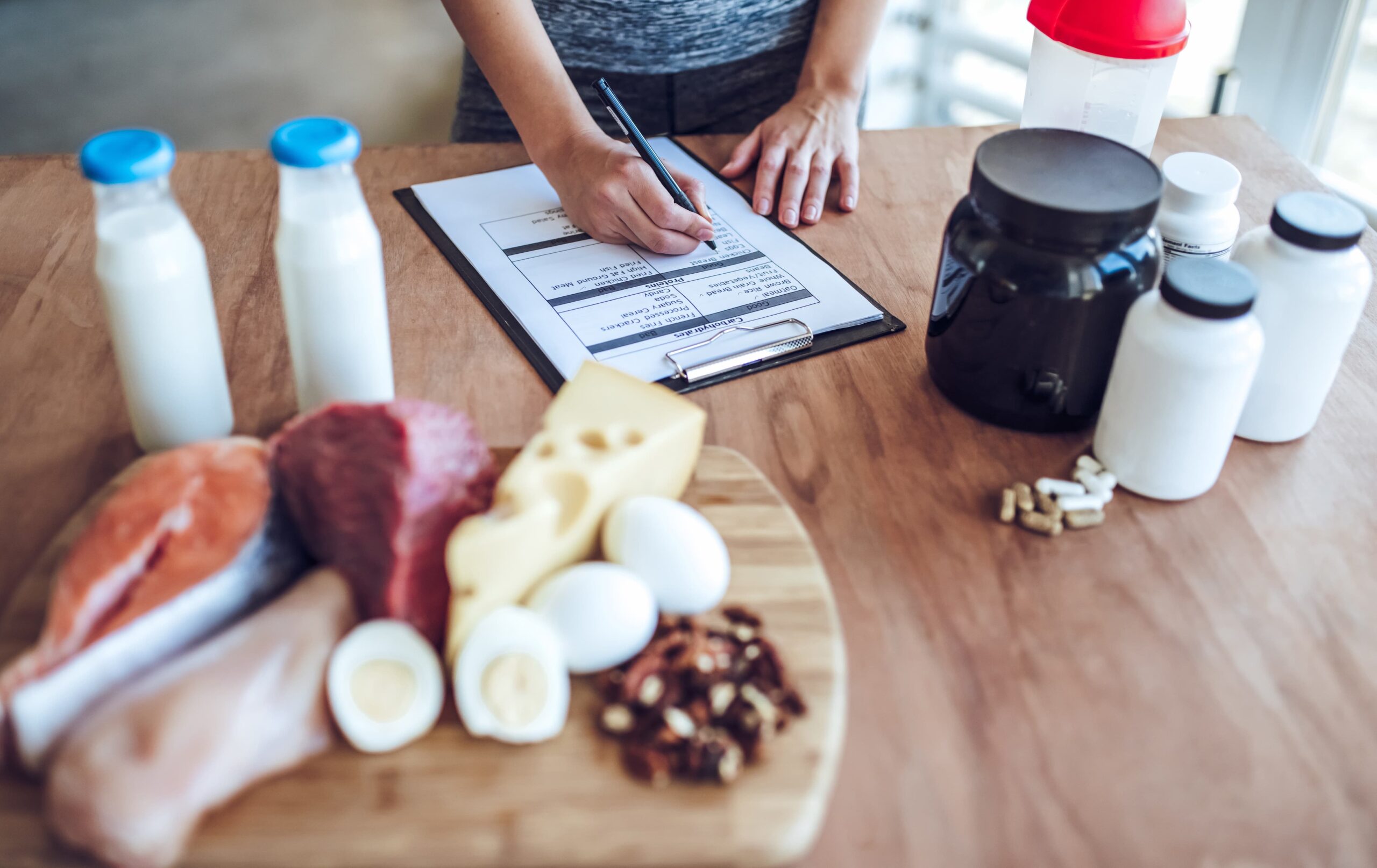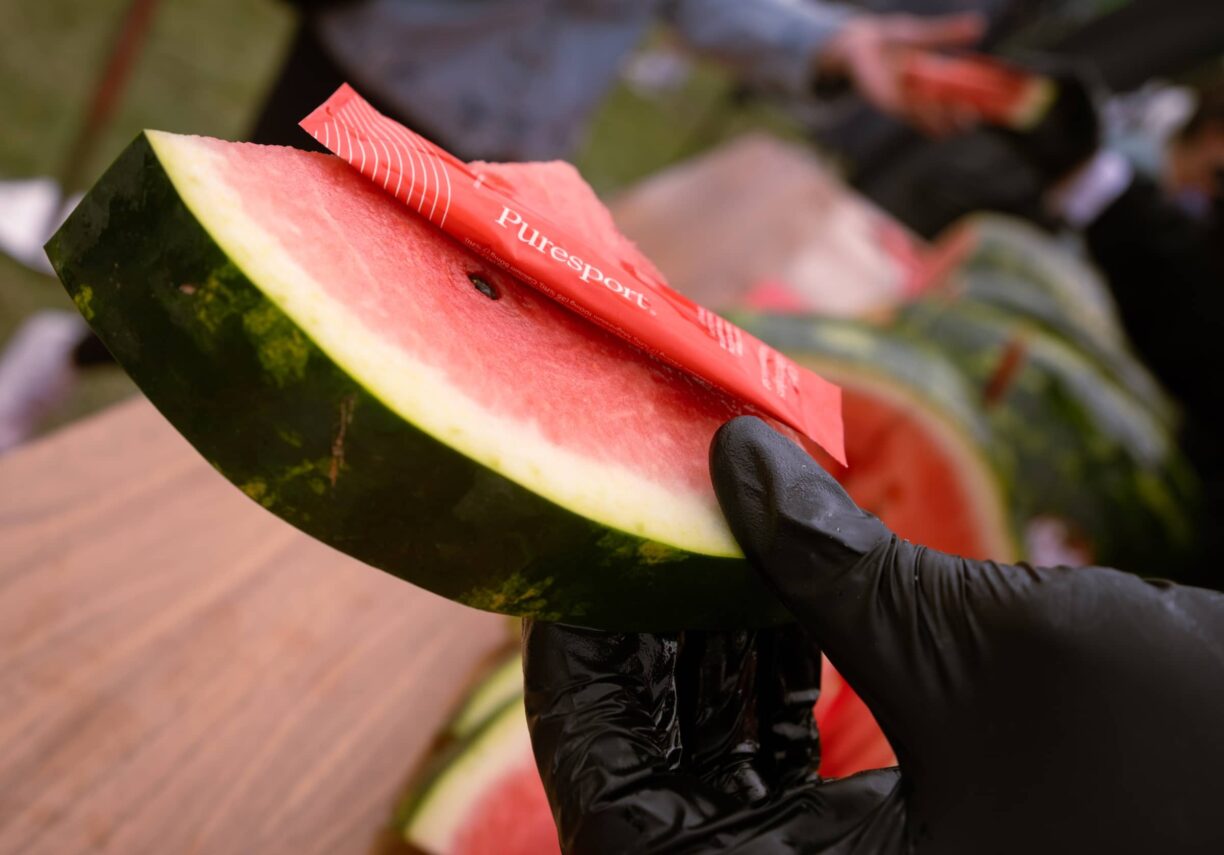While the weight room is essential, food is integral to your athletic performance. Healthy meals give you energy and build your muscles to stay on top of your game.
How do you know what foods will help your body the most? Artificial intelligence (AI) is revolutionizing sports nutrition and aiding athletes worldwide.
Here’s how this advanced technology is optimizing athletic performance.
How Is AI Revolutionizing Sports Nutrition?
The rise of AI and advanced technologies impacts numerous sectors. How does it positively affect sports nutrition?
Here are a few ways you can benefit from AI-powered nourishment.
Personalized Planning
Targeted nutritional plans are critical for individual athletes. Your sports dictate your dietary needs, so you might give a different meal and portion size to a wrestler and a tennis player.
AI-powered nutrition plans account for your height, weight, age and genetics when determining what foods you need.
Additionally, this technology will examine your performance goals to ensure your meals are conducive to training.
For example, your AI-powered plan may prioritize protein if your goal is to build muscle.
Adjusting Nutritional Needs
While they provide a roadmap, nutritional plans are fluid and may change based on your training. For instance, imagine you’re a runner training for a 10K.
You typically run this distance for practice but exceed this mark one day and finish at 12K.
AI-powered sensors can tell how much energy you’ve spent and how many calories you need to replenish yourself.
Runners typically consume more carbs because they supply energy to your body through glucose. So, your nutrition plan may increase fruit or pasta servings in your next meal.
Aiding Injury Prevention
Injuries happen during practice and events, so athletes warm up with stretches to increase their blood flow. However, food also affects your body’s composition and injury prevention.
AI-powered sports nutrition can examine your diet for patterns leading to injury. Additionally, it can make tailored suggestions based on the athlete and their needs.
Recovering from injuries and soreness is key, so AI uses historical data and research to make recommendations.
For example, it may suggest carb and protein-packed meals to help muscle atrophy and prevent breakdown.
Detecting Diseases
AI uses a vast library of information to make speedy recommendations, so its services are helpful across healthcare facilities.
For instance, the Department of Veterans Affairs used an AI-powered machine to diagnose kidney disease 48 hours faster than a human.
You can get a similar service from AI in sports nutrition. This technology uses genetic information to determine what diseases your body may be vulnerable to. With this in mind, AI will deliver a customized meal plan with foods to reduce your risk of these illnesses.
AI has become integral to clinical nutrition and other aspects of patient care. A 2023 study says AI leverages algorithms to compare diets with disease outcomes, thus helping clinicians form better diet plans. This technology empowers patients by providing feedback and motivating them to eat better.
What Challenges Does AI Bring to Nutrition?
While the future of AI in sports nutrition is promising, these technologies are relatively young.
A 2023 study says AI can positively affect nutrition but needs regular framework updates to remain current and ethical.
Another concern with AI is privacy. Devices need your personal information to make recommendations, so a company could sell your information without your knowledge. Alternatively, a cyber breach could expose these records.
AI-Powered Nutrition for Athletes
Food determines your daily strength and energy, so optimizing your nutritional plan is essential. How can you leverage today’s technology for your diet?
AI-backed nutrition benefits athletes with personalized nutrition plans and adjusts to your body’s specific needs.
This technology can take the next step by identifying injury risks caused by your diet and tailoring your meals to prevent diseases.





